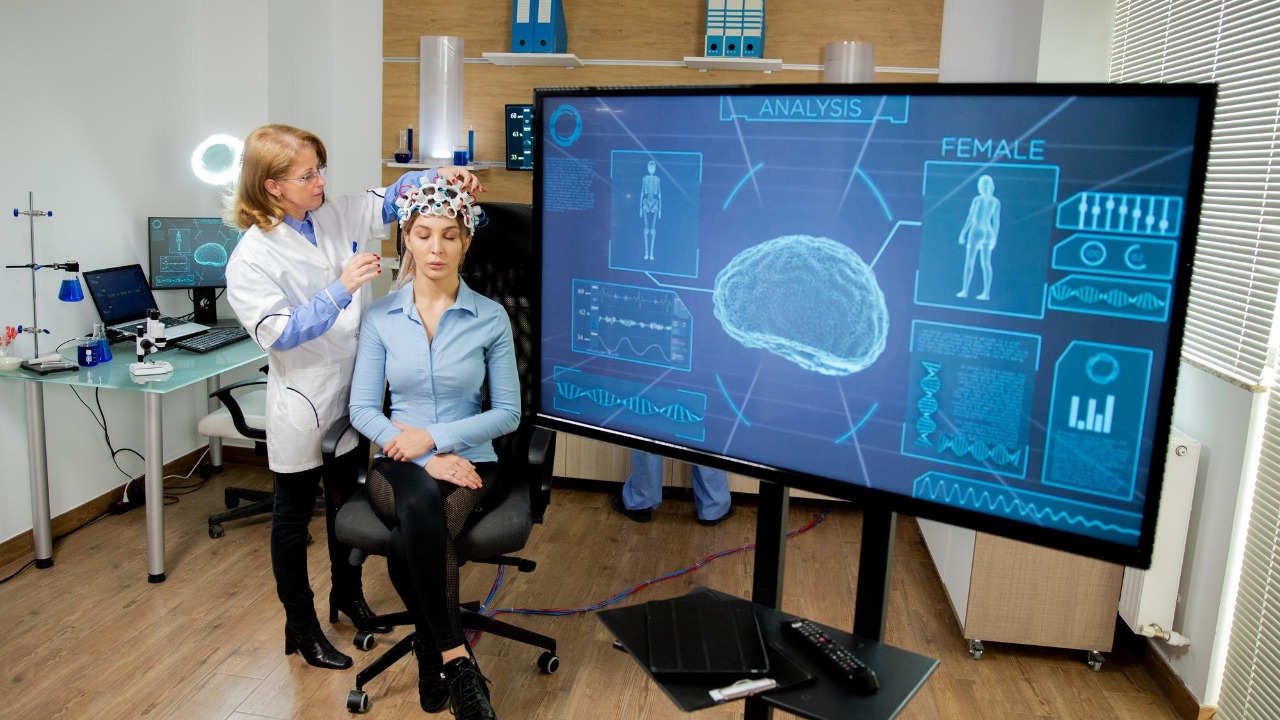
Recent research has unveiled a promising breakthrough in the field of cognitive health: online brain training can effectively reverse a decade’s worth of aging in memory and learning. This significant development is attributed to daily cognitive exercises that participants engaged in, which were designed as game-like online activities. The study’s findings underscore the potential of mental exercises in reversing brain changes associated with aging, particularly those related to acetylcholine levels.
The Science of Brain Aging Reversal
Controlled trials have provided compelling evidence that online brain training can reverse 10 years of aging in memory and learning. These trials measured various cognitive performance metrics, revealing that a daily regimen of game-like online exercises can significantly improve neural pathways affected by age-related decline. The result is a measurable enhancement in processing speed and recall.
Participants in the study experienced a reversal of brain changes typically associated with aging. This was achieved through consistent mental stimulation over several weeks. The findings highlight the potential of cognitive exercises in mitigating the effects of aging on the brain.
Mechanisms Behind Cognitive Improvement
The study found that mental exercise can reverse a brain change linked to aging by boosting acetylcholine, a neurotransmitter crucial for memory formation. This discovery, as reported by NPR, underscores the potential of cognitive training in enhancing brain health.
Game-like online exercises were found to enhance synaptic plasticity, directly countering the effects of 10 years of aging on learning abilities. The restoration of acetylcholine levels through targeted training mimics the function of a youthful brain, as observed in pre- and post-intervention brain scans.
Study Design and Participant Outcomes
The research involved adults over the age of 60 who engaged in online brain training for 100 sessions. The result was a significant improvement in memory scores, equivalent to reversing 10 years of cognitive aging. The exercises were administered daily via a digital platform, and participants reported sustained enhancements in learning post-training.
Interestingly, control groups that did not receive the intervention showed no such reversal. This underscores the specific impact of the game-like exercises on age-related cognitive metrics, as reported by The Brighter Side News.
Types of Brain Training Exercises
Online brain training includes adaptive puzzles focused on memory and learning. These exercises, which progressively increase in difficulty, have been found to reverse 10 years of cognitive aging. Game-like elements such as timed challenges and rewards engage users, targeting areas deficient in acetylcholine. The varied exercise formats, ranging from spatial reasoning to verbal recall, ensure comprehensive coverage of skills impacted by aging, as reported by ScienceDaily.
Broader Implications for Healthy Aging
The ability to reverse brain changes linked to aging through mental exercise offers a promising non-pharmacological approach to maintaining cognitive health into later years. The 10-year reversal in memory and learning suggests potential for preventing dementia-related decline using accessible online tools.
Integrating such training into routine wellness could shift paradigms in geriatric care, emphasizing proactive mental fitness over reactive treatment. This could lead to a significant improvement in the quality of life for older adults.
Accessibility and Future Directions
Online platforms make these game-like exercises widely available, allowing individuals to engage in daily doses without the need for specialized equipment. This accessibility could play a crucial role in reversing 10 years of brain aging.
Ongoing studies aim to refine protocols for acetylcholine enhancement, building on the current evidence of mental exercise efficacy. The scalability of these cognitive reversal findings to diverse populations, including those in remote locations, could amplify the impact of these findings, paving the way for a new era in cognitive health.
More from MorningOverview